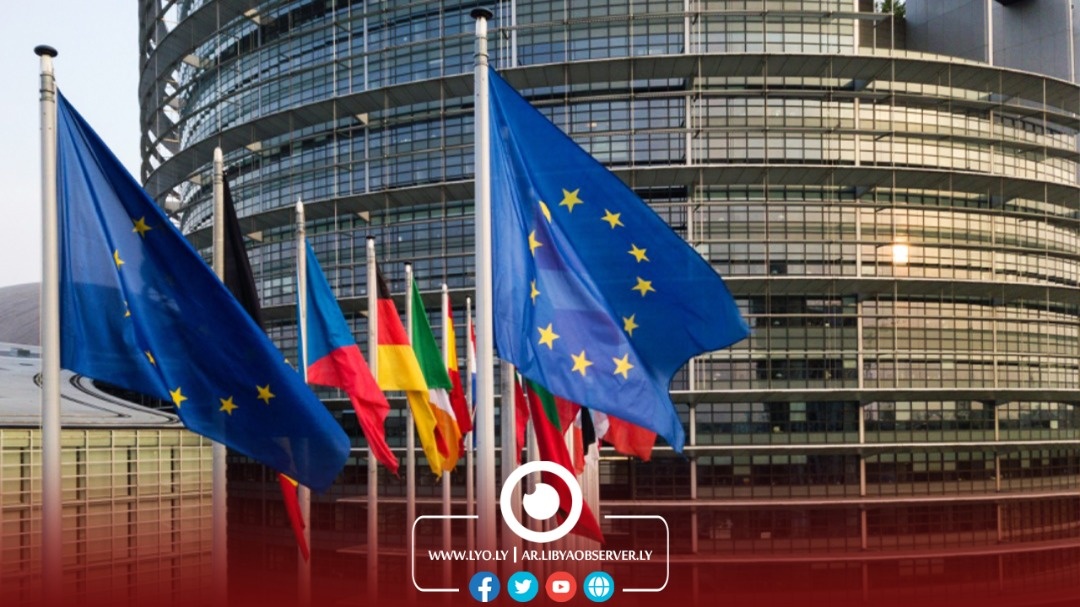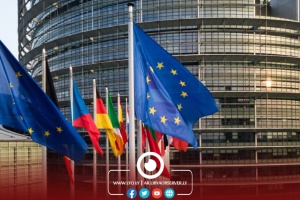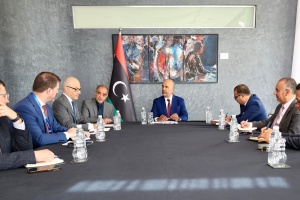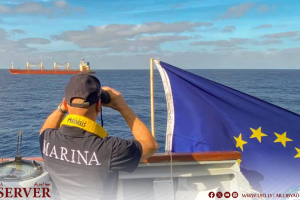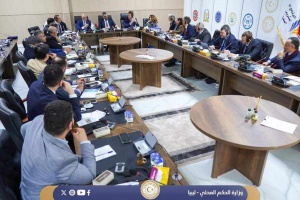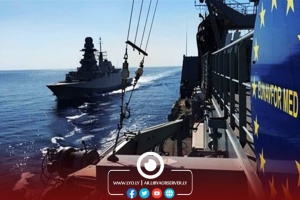The European Union's (EU) military operations in the Mediterranean should focus more heavily on combating human trafficking, European Commission President Ursula von der Leyen wrote in a letter to member states ahead of the EU leaders summit, saying IRINI’s main aim should be preventing human trafficking and smuggling, von der Leyen argued in her letter.
EU’s military mission IRINI has been operating in international waters of the Mediterranean Sea since March 2020 with the chief aim of enforcing the UN arms embargo on Libya – with the halting of illicit exports of Libyan oil, training of the Libyan coastguard and interruption of human trafficking as secondary missions.
“To strengthen external border control, Member States, on a proposal of the High Representative [Josep Borrell], could consider enhancing the task of Operation IRINI by giving more priority to combating human smuggling,” the Commission chief wrote.
Operation IRINI is financed by the European Peace Facility (EPF), an EU off-budget instrument controlled by member states that aims to bolster the EU’s ability to “prevent conflicts, build peace, and strengthen international security”.
The change would make IRINI’s purpose similar to that of the EU naval mission it replaced – Operation Sophia – the main focus of which was to fight migrant smugglers and save lives at sea.
Sophia was wound down in March 2020, however, in part due to the high political pressure that ensued from its role in conducting search and rescue (SAR) operations, which some politicians argued created a ‘pull factor’ for migrants.
It is not clear whether IRINI, which focused on the waters east of Libya, performed SAR operations. Since its creation, member states have repeatedly warned to suspend it, on the grounds that its maritime vessels can be, again, a ‘pull factor’. However, according to international law, any vessel near to a boat in distress has the duty to perform or assist a rescue.
Sophia’s core scope was “to undertake systematic efforts to identify, capture and dispose of vessels and enabling assets used or suspected of being used by migrant smugglers,” to disrupt the business model of human traffickers networks in the whole Southern central Mediterranean, and to prevent loss of lives at sea.
The EU continues to seek closer relations with third countries (both of transit and countries of origins where people depart) to ‘curb’ migration, and the issue is a key priority in von der Leyen’s letter ahead of the summit.
“The external aspects of migration are essential for successful implementation of our policy. These consist of establishing wide ranging partnerships with key countries, addressing the root causes of migration, preventing irregular departures, fighting the smuggling of migrants and increasing returns, as well as encouraging frameworks for legal migration,” von der Leyen wrote.

